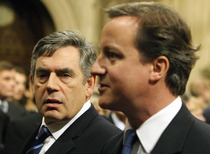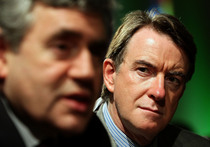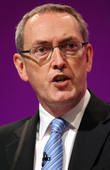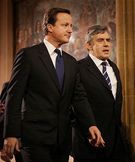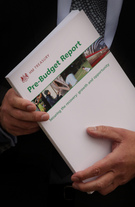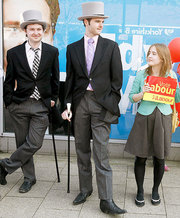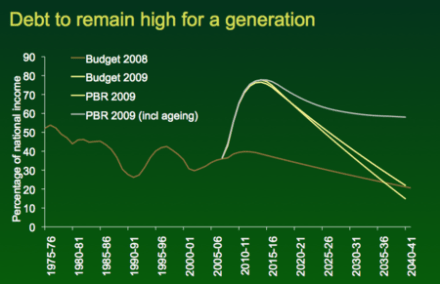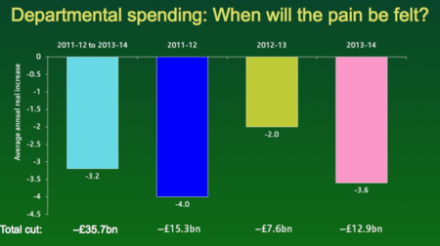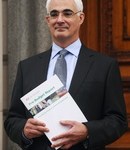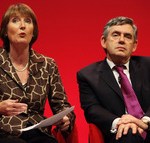Brown and out?
Whether anything comes of it is a different matter altogether, but this insight from the Standard’s Joe Murphy deserves pulling out: “A senior minister is said to be close to quitting in a move to destabilise Mr Brown, the Standard has been told. There is speculation among MPs that a big beast such as Chancellor Alistair Darling, Lord Mandelson or Justice Secretary Jack Straw might be willing to tell Mr Brown to go if the party falls into fresh turmoil.” Paul Waugh and Channel 4’s Gary Gibbon have more on the story, here and here. As I pointed out at the weekend, it looks as though the rumblings about Brown’s




